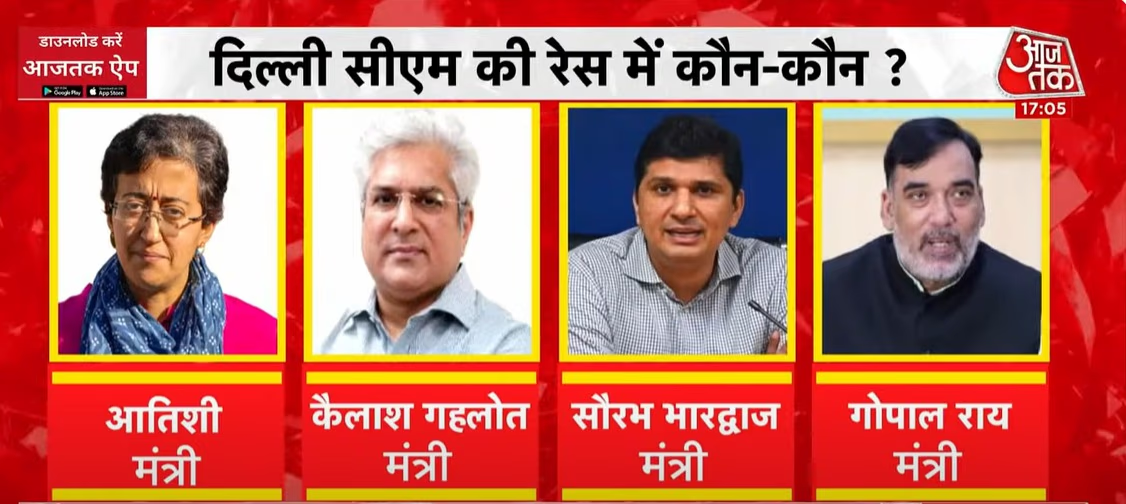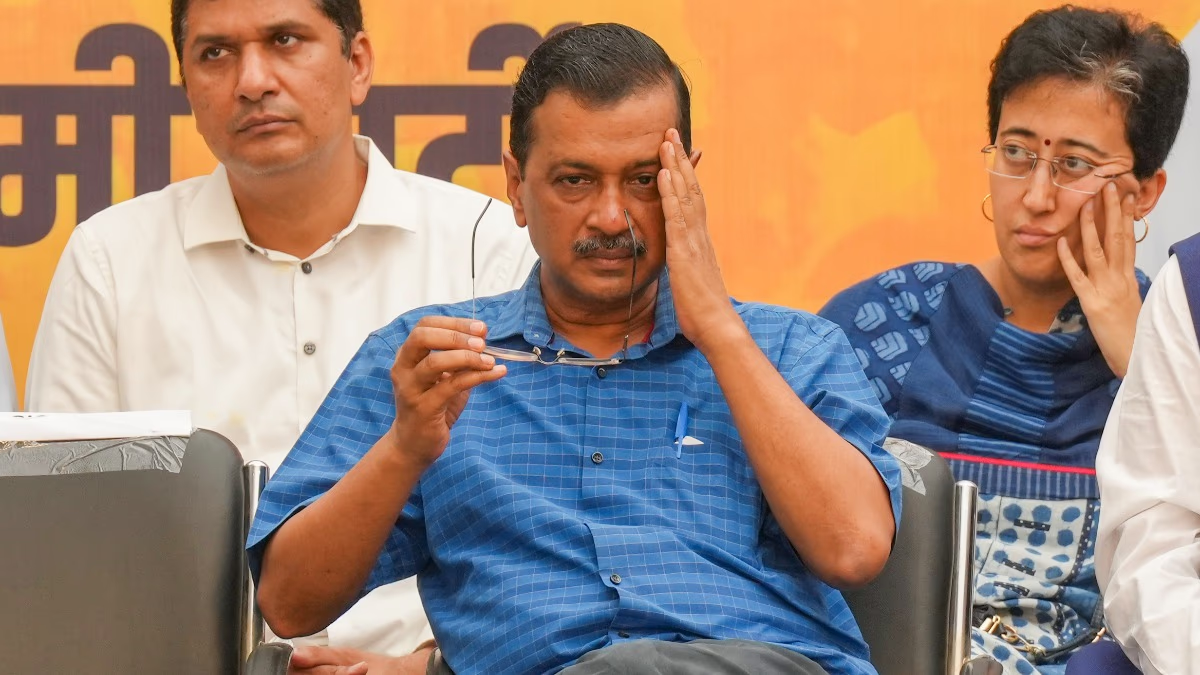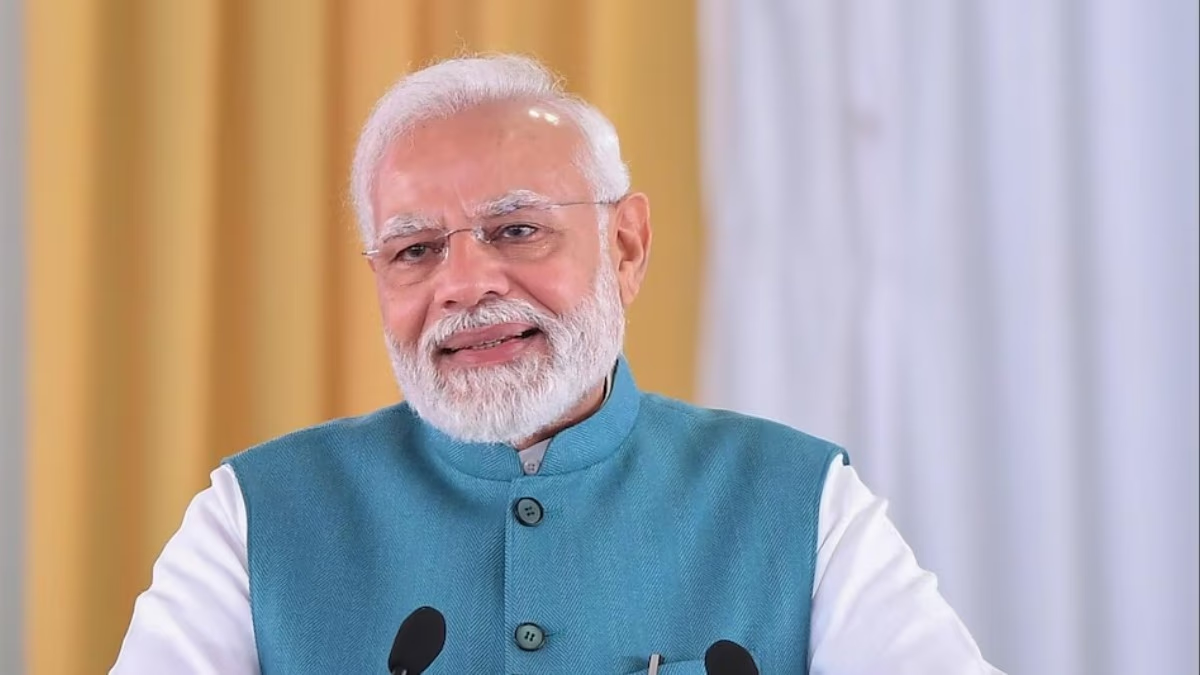Delhi's three-time Chief Minister Arvind Kejriwal surprised everyone by announcing his resignation after being released on bail in the Delhi liquor policy corruption case. This move has sent shockwaves through the political landscape, opening up new possibilities. Foremost, Kejriwal's resignation seems like a strategic part of a plan to rejuvenate the Aam Aadmi Party (AAP) ahead of upcoming elections.
By stepping down, Kejriwal might be aiming to portray himself as a 'martyr fighting against a corrupt system.' His statement that he would return to the CM position only with a new mandate from Delhiites further strengthens this theory. This could garner public support and convert it into votes for AAP, especially if elections coincide with those in Maharashtra and Jharkhand in November.
Major Challenges for AAP
However, the path ahead is not as smooth as it appears. AAP now faces several significant challenges. Finding an interim CM who commands respect and loyalty within the party and also appeals to voters before the assembly elections will be a tough task. Opposition parties could see this as an opportunity to exploit the perceived instability within AAP. Additionally, the corruption case looms large. Questions are being raised about Kejriwal's decision to resign after being granted bail.
Read more:
Trouble Due to Bail Conditions
Kejriwal's resignation has sparked various speculations and analyses. Many political analysts argue that his resignation is not just a political maneuver to gain sympathy or obtain a new mandate post-jail. The Supreme Court's decision has created an administrative hurdle for Kejriwal. The bail conditions have prevented him from attending office or signing government files, making it practically impossible for him to govern. Remaining under such circumstances could have severely hampered his party’s ability to implement policies, ultimately affecting their electoral prospects.
Kejriwal Avoided Several Pitfalls by Resigning
Another important factor was the threat of President's Rule. The central government could have justified imposing President's Rule, delaying elections by up to six months. This could have diluted the sympathy Kejriwal received after his release from jail, making it more challenging to leverage public support during elections. By resigning, Kejriwal has avoided these administrative and political setbacks.
Read more:
This could strengthen the party's image. Now, if the Lieutenant Governor or the central government obstructs new policies, the responsibility for any disruptions in welfare schemes would shift from Kejriwal to his political adversaries, who would be seen as obstructive.
Who Will Be Kejriwal's Successor?
Speculation is rife about who will succeed Arvind Kejriwal as Chief Minister. Given his influence within the Aam Aadmi Party (AAP), it is almost certain that his choice will be ratified by party legislators. The selection of the successor holds significant importance and could be as shocking as Kejriwal's resignation. The successor could come from the current cabinet or be strategically chosen with both Haryana and Delhi elections in mind.
Read more:

Source: aajtak
The New CM Will Have Multiple Responsibilities
The selected individual will have to follow Kejriwal’s directives and maintain the party's unity during this crisis. Additionally, this successor might have the power to strategically dissolve the assembly at an opportune time, benefiting AAP in subsequent elections. The choice of a suitable successor is more than just filling the CM seat. It sends a message about AAP's strategy and future direction while ensuring continuity and stability within the party.
Arvind Kejriwal’s resignation and the appointment of his successor are significant political developments. The Lieutenant Governor and the central government’s role in this process is relatively limited, mainly due to AAP’s substantial majority in the assembly.




